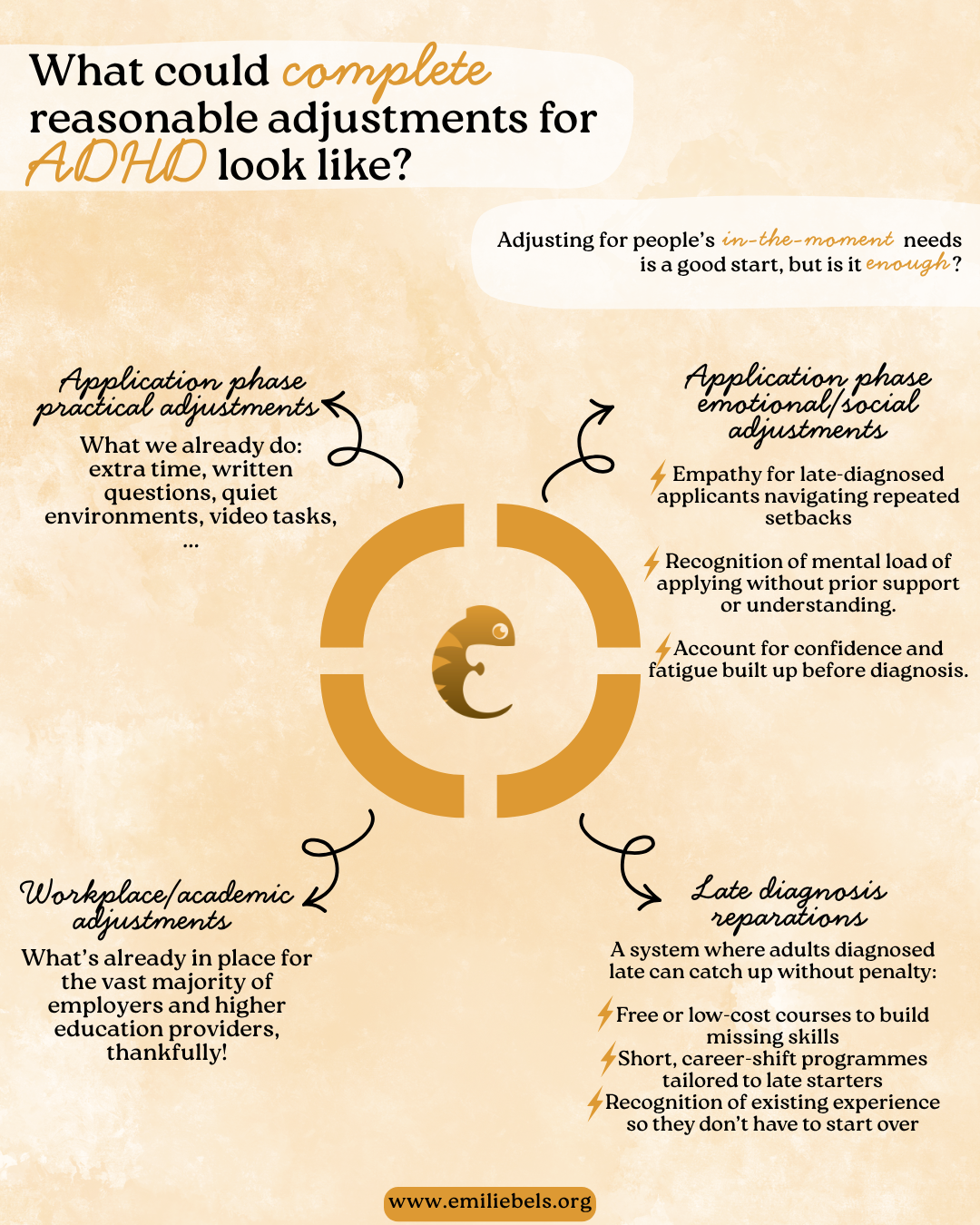Tracy Bradley wrote:
“Millions of people have this neurobiological condition. When undiagnosed it can be devastating and debilitating, silently robbing them of their dreams, their hopes, their self-esteem. These people spend their lives trying to solve a riddle — the mystery of their lives must lay somewhere out there, just around the next turn in the road. They remember that they have glimpsed it, that special something once felt or envisioned, before things got so overwhelming and they became trapped and lost — wandering aimlessly in a forest looking for clues as if from an old treasure map.
They know the treasure is there somewhere, but perhaps deeply buried or locked behind a fortress. They have incredible perseverance and determination to keep going, often pulling an enormous weight. The remembrance of that special feeling, the knowledge, deep inside, that they have something important of value to do, to create, to contribute, keeps them searching.
They continue on, though the memory, that belief, grows more faint each year as despair begins to replace hope. Hope that they will ever find the treasure, that they will even find their way out of the forest and back to the road.
Still, they trudge on, clutching that old, crumpled, faded map, holding on to the hope they will find that buried treasure chest and reclaim their abandoned hopes and lost dreams.”
This hits home. That treasure is my potential — that word so full of promise as a child, and so full of regret when it goes unfulfilled as an adult.
For some, the road to realising it seems straightforward. They follow a narrow path, find a group to walk with, and reach the milestones. It’s as if they were given clear instructions, a detailed map — and, barring a few bumps, they know they’re on the right track. They don’t all have a perfect map, but they are generally on course, can recover more easily from setbacks, and their journey so far makes sense.
Me? I keep turning off, getting lost, looping back on myself. I watch the throng on the main road; it all seems so self-evident. Meanwhile, my map is in tatters — a vague outline drawn by a child on a napkin, now in pieces; it got washed too many times, was folded into thousands of paper boats by my idle hands.
And at the top of it, the words I saw in every school report, heard a million times over: “High potential, if only you tried harder!” No one ever seemed to check the map I’d been given, to see whether potential and effort alone would be enough to reach the treasure.
Putting metaphors aside, this is my story — and that of millions of others, especially women. We are intelligent, full of potential, with high hopes and expectations — yet somehow falling short.
I did my best: tried different avenues, made a few things work, and studied what I could, prioritising accessibility over interest. I’m proud to have earned two degrees — not for the subjects I loved, but to keep doors open — only a few years after resigning myself to never going to university. But that isn’t enough. Choosing format over subject has become a complete roadblock to exploring the paths that truly appeal to me, the ones I know I would excel at. What I did to keep doors open has only made those doors well and truly locked.
I have ideas, projects, and the ability to do something really good with them. Anyone I speak to agrees: ability isn’t the issue; the path taken is.
Most of all, it feels unfair: I didn’t fail, I was failed. There are no reparations for undiagnosed ADHD, no catch-up programme, no “understanding employer” or “ADHD-aware university” stamp to look for. I don’t mean merely willing to make reasonable adjustments for the present and future. I mean willing to take someone’s history, struggles, and entire potential into account when deciding whether to let them through a particular door.
I could start all over again, go back to the starting point, pick a different road: another bachelor’s, another master’s. I’d probably succeed as I did the first time. But I would be penalised: losing more time in the workforce, facing additional delays, less understanding, lower income, fewer opportunities. I would just be playing catch-up for the rest of my life, trailing behind the masses hoping the trail doesn’t fade or vanish, scared of yet another night among the looming trees.
People like me need… people like me, or people who understand that the path we’re on isn’t always one we chose.
We need people willing to be creative, to help us catch up in ways that don’t penalise us — funded short courses, intensive training, support and kindness, relatability and understanding.
We need someone to look at our crumpled, badly drawn map and give us grace; maybe even lay a clearer map over it, with more details, more roads, and clear directions.
We need someone to scribble out the “try harder” message and replace it with: “You have so much potential, but you’ve been let down. How can we help?”
Only then could we, the treasure-seekers, have hope of leaving the forest behind, of following a clear map to the treasure we glimpsed long ago. I hope I find that someone — and that more of us do, before the path fades completely and the forest becomes our home.


